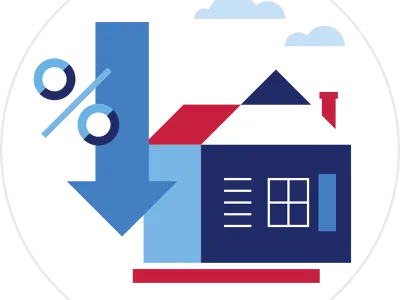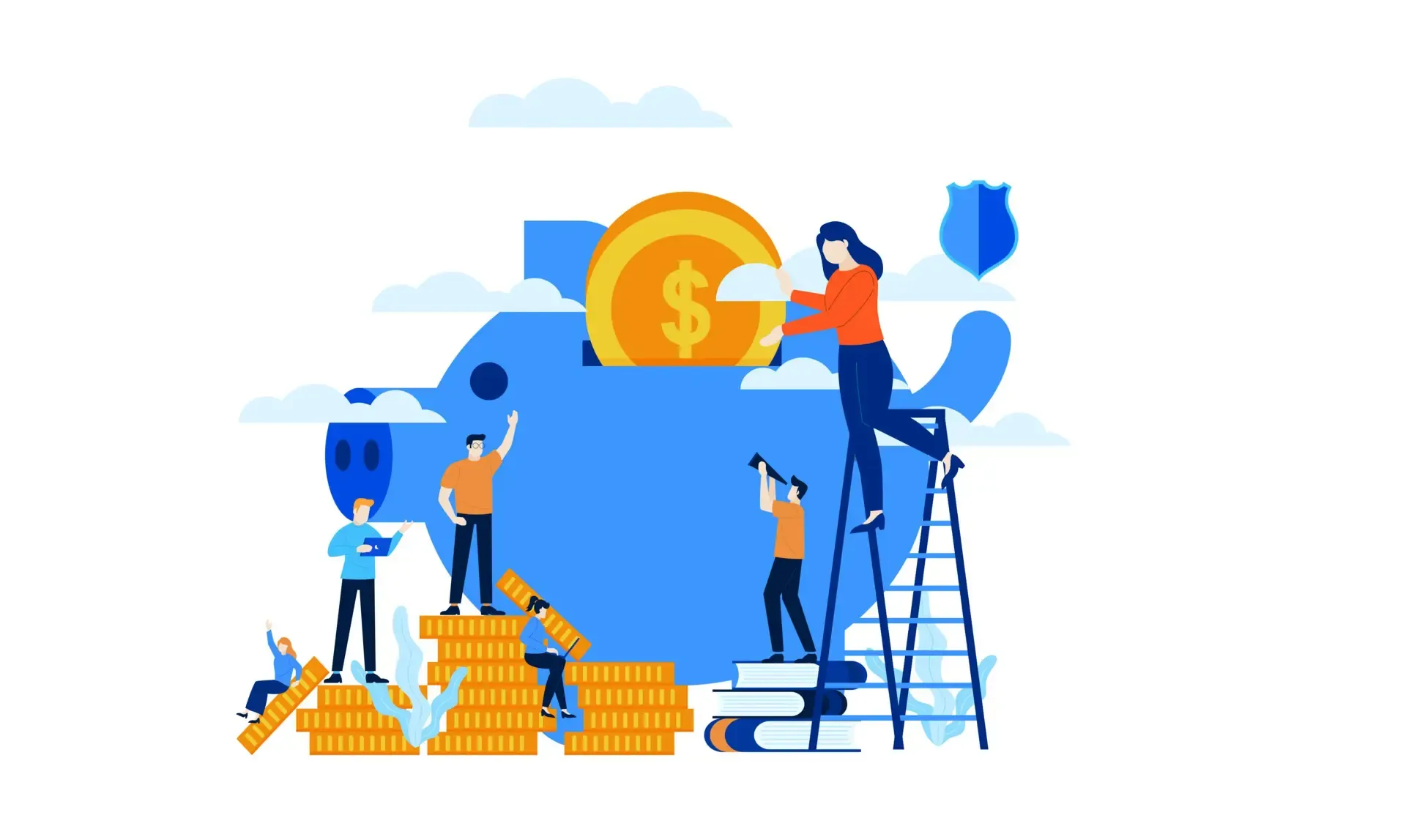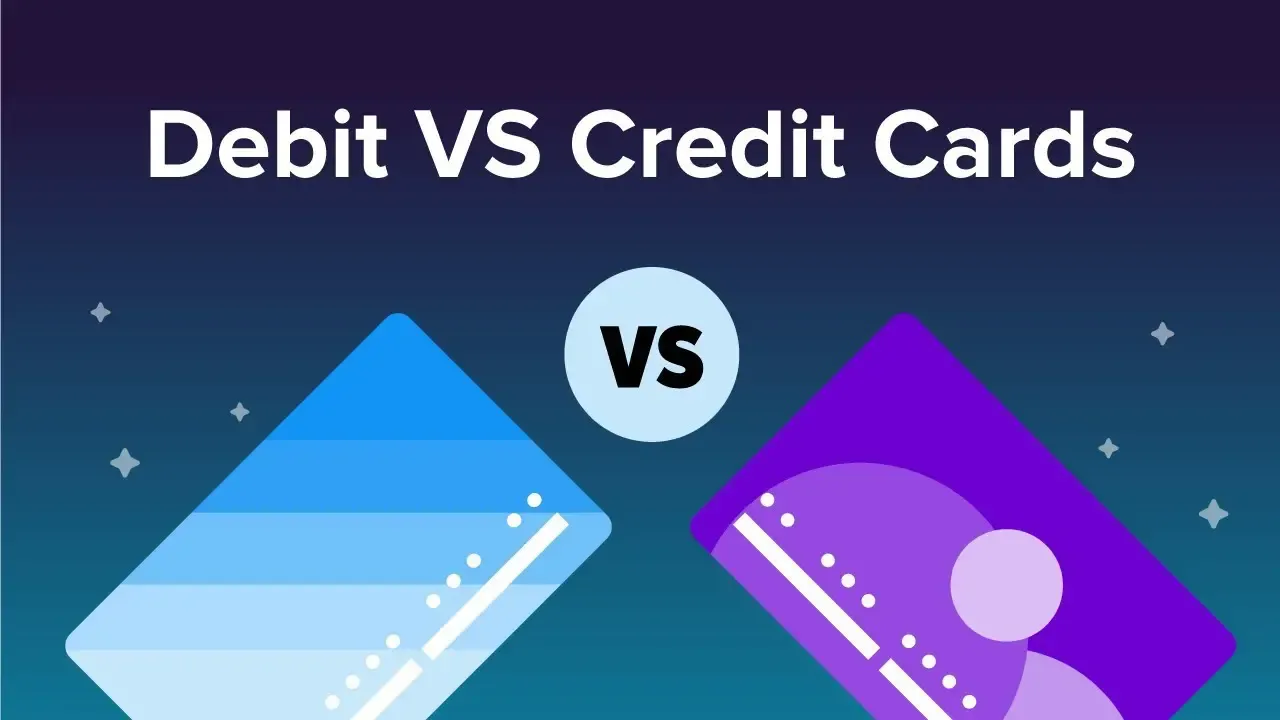Buying or Selling Property Under Mortgage?
If you are paying a mortgage loan but you are faced with a situation in which you have to move house, you may feel tied by your obligation to the bank. At this point the question that crosses your mind is: if a house is mortgaged, can it be sold? In the following article we will look at the aspects of this type of process.
If a house is under mortgage, can it be sold?
If a house is mortgaged can it be sold?
We will start by giving the short answer to this question: yes, it is possible to sell a house even if it is mortgaged. This process is known as mortgage transfer and occurs when a person who has a property with a mortgage decides to sell it to another person, either for economic or personal reasons, who will acquire both the rights and responsibilities over the property. In other words, this person will not only appear as the new owner of the house, but also as the new debtor before the bank.
The process of transferring a mortgage to another person is usually quite complex due to the amount of legal paperwork involved in getting rid of such an important debt and passing it on to someone else. And it is even more complicated when the reason why the current owner of the mortgage must sell the house is because he is in default. Even so, it is not impossible to sell a home that is mortgaged.
When selling a home that is mortgaged, the following aspects must be taken into account:
The entire process must be notified to the bank and must be done with their authorization.
The legal process is complex and everything must be notarized.
However, there is a more feasible option for the person who wishes to sell a mortgaged house: to agree on the purchase with a person who, under a legal and notarized contract, commits to pay in advance a percentage of the house with the promise of sale. When the debtor receives this money, pay the debt to the bank in full and proceed with the lifting of the mortgage, which implies terminating the payment obligation and changing the public registry of the house. When the property is free of debt, agree to hand over the house to the new owner free of charge.
Another option for selling a home that is mortgaged is to sell it to a buyer who has obtained a mortgage loan with another bank. In this process the buyer’s bank has to pay the debt to the seller’s bank and then lift the mortgage on the house and only then the house becomes the new owner’s and the new owner is left paying his own mortgage loan. This option is slower, however, the idea is that you know all the available options.
However, if the buyer’s mortgage loan is issued by the same bank as the seller’s, the process is faster and simpler since the bank simply has to pass on the buyer’s debt and change the name of the debtor.
Sale with mortgage subrogation
The mortgage subrogation (to substitute in an obligation or right) supposes the change or substitution of the debtor, in this case a new debtor will occupy the place of the previous one. By means of the mortgage subrogation, the buyer substitutes the mortgage to the seller; therefore, both the property ownership and the mortgage obligation remain for the new owner.
It is advisable that when buying a mortgaged house the mortgage subrogation is made; so if you are thinking of subrogating a mortgage you must present the request to the bank, enclosing the required documents and submit to its evaluation and approval.
Remember that in the same deed of sale of the mortgaged property the subrogation of the mortgage is made.
Sale without mortgage subrogation
When selling without mortgage subrogation: if the mortgagor does not pay the debt, the creditor will be able to execute the mortgage in spite of the fact that the good belongs to another person, and that other person is not the debtor.
Actions on the mortgage
The mortgage gives the mortgagee two actions: the mortgage and the personal action, and in this case both always fall on the mortgagor, but when the house is sold without subrogating the mortgage, these two actions are separated and it can happen that:
The mortgage action falls on the current buyer possessor of the property, and the personal action on the seller, who remains the seller.
But if the seller, after selling the house, does not pay the debt, the bank will pursue the property that is in the hands of the buyer, regardless of the fact that he does not owe anything to the bank, and without the buyer being able to demand that the bank first pursue the debtor.
In conclusion, the purchase of a mortgaged house without subrogation is a big risk for the buyer.


